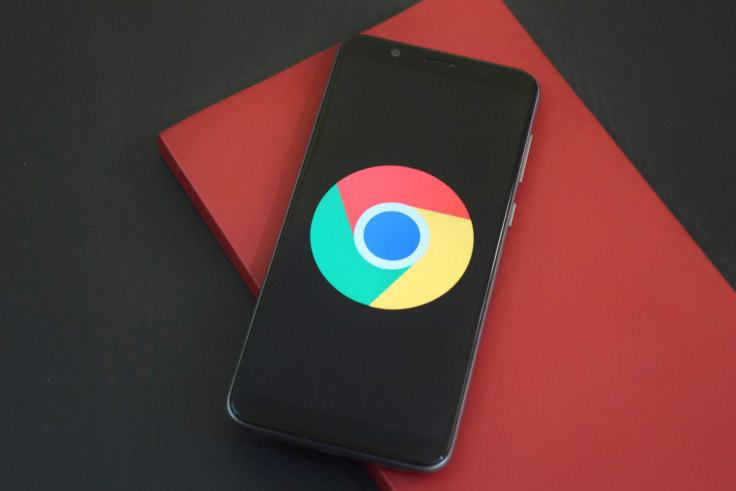Google Offers £390 Million Settlement for Google Chrome Consumer Privacy Lawsuit
Google has sought to resolve a three-year-old consumer privacy lawsuit which puts the spotlight on Google Chrome's attempt to track user data through third-party websites.

The tech giant Google has agreed to settle a privacy and data tracking lawsuit which alleged that the company's Google Chrome browser was snooping on people.
Lawyers representing the tech giant revealed that the company will resolve a consumer privacy lawsuit with a £390 million ($500 million) out-of-court settlement which would be made public in 2024.
This comes at a time when the company settled competition restricting issues in the Google Play Store app through a £549 million ($700 million) payment, earlier this month.
Earlier this year, Google lost a legal battle with Fortnite regarding the Epic Games which alleged that the Play Store is unlawfully dominating other rivals. Similar lawsuits were filed in the UK alleging that the company is stifling competition and affecting prices through its search engine.
A class-action lawsuit was filed in 2020, in a California court against Google for alleged privacy and data tracking of consumers browsing in Incognito mode by three US consumers, Maria Ngyuyen and Chasom Brown from California, and William Byatt from Florida through the law firm Boies Schiller Flexner.
Initially, the consumer privacy lawsuit was scheduled for trial on February 4 but now it has been postponed to February 24, 2024, when US District Judge Yvonne Gonzalez Rogers in Oakland will approve it. The settlement offered by Google will be presented to the judge in late January with a February deadline for approval.
The US lawsuit claimed that Google has turned into an "unaccountable trove of information" of user preferences and "potentially embarrassing things". The petition further reasoned that the tech giant can't "continue to engage in the covert and unauthorised data collection from virtually every American with a computer or phone".
The consumers alleged that the tech giant gathered huge amounts of data which can be tracked down to directly identifiable users. This happened even when they used incognito mode which is the designated private browsing mode of the Google search engine.
Data including websites visited and browsed by the consumers along with their IP addresses and device details have been compromised in the Google Chrome browser, according to the US lawsuit.
Meanwhile, Google said it was always upfront about user data collection in Incognito mode of browsing despite consumers assuming it was private.
According to the company, browsing history in private mode helps businesses to better their websites as they can "evaluate the performance of their content, products, marketing and more".
Google wanted to resolve the issue with an out-of-court settlement in August 2023 which was dismissed by Judge Rodgers.
The Judge questioned the magnitude of data collected by Google through third-party website tools like Google Analytics and Google Ad Manager.
Judge Rodgers said that the internet giant never informed Google Chrome users that their data were collected in Incognito mode browsing. She refused to accept the tech giant's argument that Google Chrome users consented to allow Google to collect their browsing activity data.
In the wake of this lawsuit, tech experts are advocating that internet users should invest in VPNs for better privacy control.
Although the scale of the compensation hasn't been disclosed and would be finalised in the Google settlement granted by the court, a $5,000 per user compensation is possible if the tech giant has violated California wiretap laws.
The figure would be $20 to a few hundred dollars if it is ordinary incognito mode tracking and not a serious offence of consumer privacy breach.
Earlier in 2023, Google announced compensation in a $23 million settlement, internet users got $7-8 per head.
The Google Chrome incognito mode is known to provide consumers with the liberty of searching the internet without the activity being saved in the browser or the device. However, third-party websites can use Google Analytics and other tools to track users.
© Copyright IBTimes 2025. All rights reserved.






















